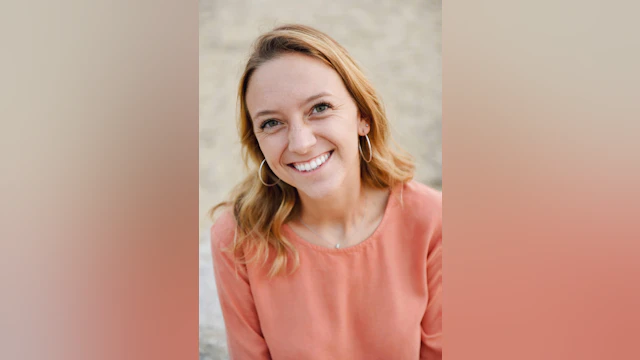The COVID-19 pandemic has affected people across the world in unprecedented ways. A large portion of those affected have been college students – over 25 million of us have been impacted by this virus.
This meant leaving school, saying goodbye to our professors, friends, teammates and staff, and not knowing when we’d see any of them next. As the world shifted drastically, we transitioned into virtual learning, which is a learning experience within itself. Sports seasons, clubs, internship programs, job offers, and graduation ceremonies we’ve been looking forward to all year have been cancelled or cast into uncertainty. Not to mention the financial impacts that continue to affect many.
Amidst all this, we may feel guilty when considering the impact the pandemic is having on us as college students, when so many people have lost loved ones, are worried about themselves or others getting sick, or have lost jobs. But in the wake of so much uncertainty, we've lost a lot, and it’s important to attend to the feelings that do come up. Many of us are grieving the loss of normality, and with it, the loss of a “normal” college experience. Feeling stressed or anxious during this time is most certainly understandable, and it’s okay to be unsure of what comes next.
Yet, through all of this, there are still reasons to remain hopeful, and things we can all do to support our own and others’ mental health during this uncertain time.
Perhaps most importantly, our mental health could use some serious TLC right now. Personally, I’ve been using this time to reconnect with myself, building upon my own independence while navigating living at home again. I try to do something different, big or small, to keep each new day interesting and exciting. I meal-prep once a week, go for daily walks, video chat with friends – and am sure to schedule some me-time into my routine.
I’ve also found myself limiting the time I’ve spent on social media, which has had a positive effect on my mental health. Information overload can certainly be a detriment to our well-being, especially during this time, and it’s okay to unplug when you need to.
My friends and I have been proactive with the things we can do, outside of social media, to feel connected while remaining physically distant. We schedule virtual girls nights, watch our favorite shows simultaneously, play games online, and of course, constantly text as if we were actually together.
All of these strategies can be helpful for maintaining your mental well-being socially, but when it comes to managing your mental health as a student, that can be a different story. Many students intentionally choose to avoid online classes, finding that they simply learn better when taught in-person. Online learning, then, can pose academic challenges, but there are ways you can set yourself up for success.
For instance, rather than doing homework in bed, I stay at my desk. That way, I don’t associate work and stress with a place of relaxation. I also try to follow a routine, taking frequent breaks from my computer screen and tracking my homework in my planner, all as a way to boost my productivity.
It’s also important to remain mindful that this is not an easy time for anyone, and that we’re all in this together. Support your professors and university staff, who are also trying their best. Take a moment to thank the professors who are doing the best they can to teach us, regardless of this major disruption.
Let’s be there for each other, and for ourselves. Do what makes you feel secure, and focus on what you can control. Remember, you are not alone. Reach out for support if you feel that you need it, whether it’s from a close friend, family member, a partner, your co-worker, or even mental health resources such as the Crisis Text Line or the National Suicide Prevention Lifeline.
If there’s anything we college students have learned, it’s how to tackle new and unfamiliar situations, a skill we need now more than ever. I urge you, from one college student to another, to try and do what you do best: conquer the unknown.
One day, when you’re asked in a job interview about overcoming a challenge you were once faced with, look back to this time and you’ll know exactly what to say.
